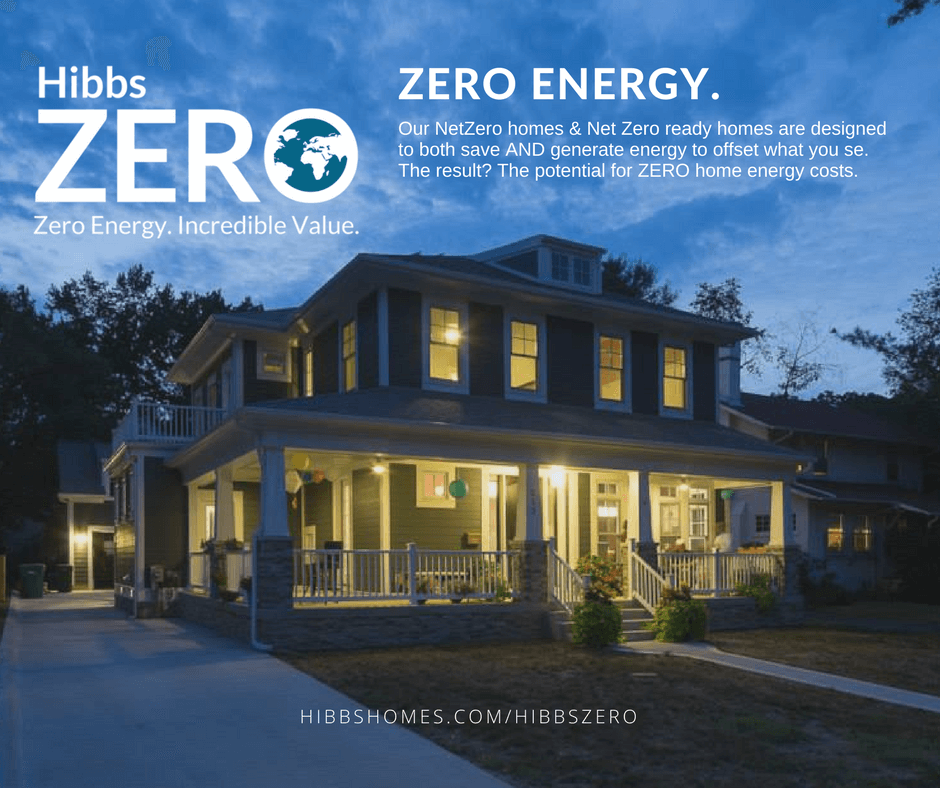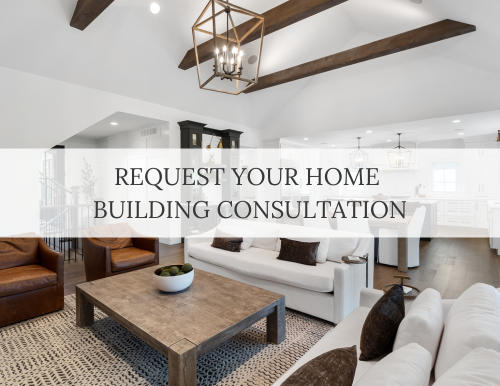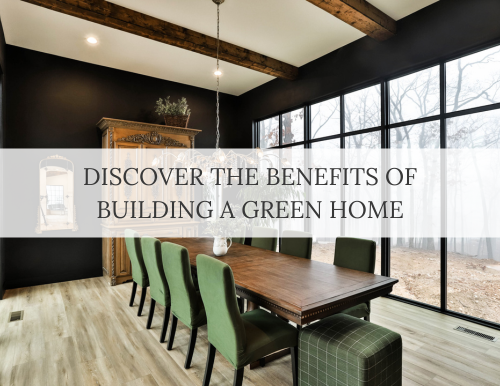Many homeowners are interested in making their existing homes more energy efficient not only to reduce their energy bills and reduce their carbon footprint, or the amount of carbon compounds their home emits. For some homeowners that means upgrading their existing properties, while others decide to build a bespoke, energy-efficient home from the ground up.
When building your home you can choose to include technology and building practices that lower your resource usage, but there are many advantages of building a Net Zero energy usage home, which is the pinnacle of modern sustainable living.
What is a Net Zero Home?
Simply put, a Net Zero home is designed and built to produce as much renewable energy as it consumes on a yearly basis. Building a green home can dramatically reduces your home's energy bills, and, if built by an experienced Net Zero home builder, you can even net as low as zero energy payouts over the course of the year.
Net Zero homes combine superior building systems with energy efficient materials like solar panels and geothermal heating and cooling systems. These homes are the height of sustainability because they not only consume less natural resources and energy, but they also have a lighter impact on the environment.
Why Should I Build a Net Zero Home?
The benefits of building a Net Zero home are impressive. From being more affordable, healthier, and comfortable to their low-maintenance and durability, Net Zero homes are a smart choice for homeowners.

While Net Zero homes do require more financial investment during initial construction, they ultimately cost less to live in because of their lower energy usage and maintenance costs.
The good news is, you'll start to see a great return on your construction investment from the very first energy bill. Many utility agencies, as well as the federal government, also offer financial incentives to help recoup the initial cost of a Net Zero energy efficient home.
Here's are the most current tax credits for homeowners who want to build a Net Zero home.
Tax Credits and Other Financial Incentives for Net Zero Homes
As of this writing in July of 2024 through December 2034, EnergySTAR provides a Residential Renewable Energy Tax Credit up to 30% for homeowners who use solar technology to power their home. From solar panels to geothermal heat pumps, this federal solar tax credit includes the cost of the technology as well as labor.
While this program has been in place for some time, the extension of the tax credits through the Inflation Reduction Act increased the cap to $5,000 per home and does require certification under the EPA's Energy Star New Home Program or the DOE's Zero Energy Ready Home Program.
From simple changes like replacing regular lightbulbs with LEDs to upgrading to a smart thermostat, there are many rebates available to help defray the initial costs energy efficient upgrades through local utilities, as well. You can often find those credits on your local utility websites.
Another resource for finding energy efficiency tax credits in your area is the Database of State Incentives for Renewables and Efficiency (DSIRE) website, powered by the North Carolina Clean Energy Program. You can search by state to see which financial incentives are available for you. You may be surprised by the number of financial programs available for going green during your new home's construction of rennovation.
Tips for Finding Renewable Energy Tax Credits
There are also a couple of important things to note about renewable energy incentives. First, incentives can change over time, so always verify you have the most current information possible.
Next, some incentives will go to the homebuyer whereas some incentives go directly to the home builder. With that in mind, always read the terms of the financial incentive carefully when deciding which programs to apply for.



